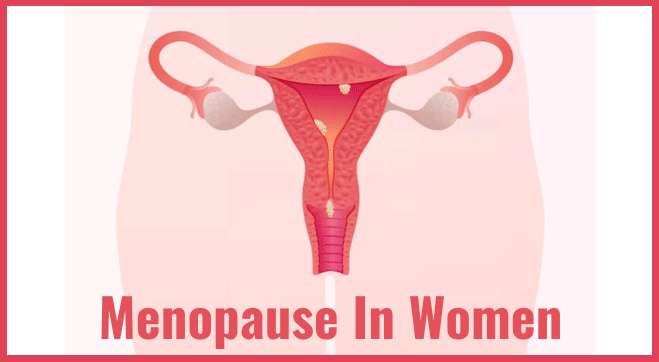Menopause: A Natural Transition with Real Impacts on Life Quality
Menopause affects everyone with a uterus, yet misunderstandings and misinformation about this significant life stage continue to circulate. Awareness around menopause and the stage that precedes it, perimenopause, is gradually increasing. However, misconceptions remain prevalent, often leaving people unprepared for the symptoms they may experience.
A 2021 survey conducted in the United Kingdom sheds light on this knowledge gap. The survey, which included over 800 postmenopausal participants, found that over 90% of respondents reported learning nothing about menopause in school. When asked about their menopause experience, many described it as a “nightmare.” This lack of preparation may contribute to the challenging experiences many people face when symptoms arise.

Understanding Perimenopause: The Unseen Phase Before Menopause
Perimenopause, the phase before menopause, often takes people by surprise. This stage can be confusing, as its symptoms may mimic or intensify other health conditions. Symptoms like hot flashes, sleep disturbances, and mood swings may start subtly but can have significant effects on daily life over time.
Perimenopause may begin years before menopause, with symptoms varying widely between individuals. For some, perimenopause may last only a couple of years, while for others, it can extend over a decade. During this time, hormone levels fluctuate, impacting physical and emotional health.
The Challenges of Menopause Symptoms
Menopause symptoms such as chronic hot flashes and insomnia can deeply affect quality of life. These symptoms can be unpredictable, severe, and last for several years. It’s not just about managing these symptoms day-to-day; it’s also about understanding how they can affect mental health, physical comfort, and overall well-being.
So, how can people facing menopause find the right support for their unique needs?
Expert Insights: Five Key Things to Know About Menopause
In a recent discussion, In Conversation tackled these questions with Prof. Kate Clancy, PhD, a professor of anthropology at the University of Illinois. Clancy is an expert in uterine health and reproductive ecology, with a special focus on feminist science studies. She is also the author of Period: The Real Story of Menstruation.
With her expertise, Clancy helped to pinpoint five essential aspects everyone should understand about menopause:
- Menopause is a Unique Experience for Everyone: No two people experience menopause in exactly the same way. Factors like genetics, lifestyle, and overall health can all influence the severity and duration of symptoms.
- Perimenopause is an Important Stage: This prelude to menopause is often misunderstood or overlooked. Understanding the signs and symptoms of perimenopause can help people better prepare for what’s to come.
- Support Systems Matter: Navigating menopause is easier with access to accurate information and supportive networks. Seeking out healthcare providers, support groups, or therapists can make a significant difference.
- Menopause Affects Mental Health: Changes in hormone levels can impact mood, sleep, and stress resilience, underscoring the importance of mental health support during this transition.
- Knowledge Empowers Better Health Choices: Understanding menopause and the available tools for managing symptoms can help individuals make informed decisions that improve their quality of life.
The Importance of Menopause Awareness
This natural transition in life deserves more awareness and education to help people feel prepared and supported. With experts like Dr. Clancy leading the conversation, there’s hope that increased knowledge and support can make menopause a smoother experience for future generations. Whether through education, support networks, or access to healthcare, everyone facing menopause can benefit from resources that honor their unique journey.




